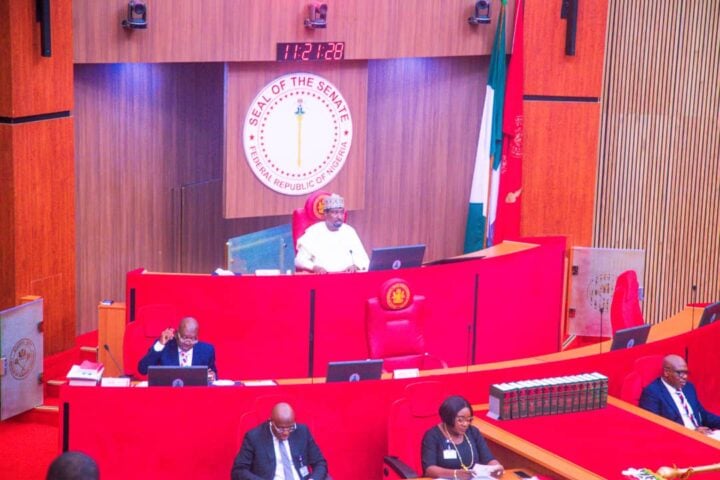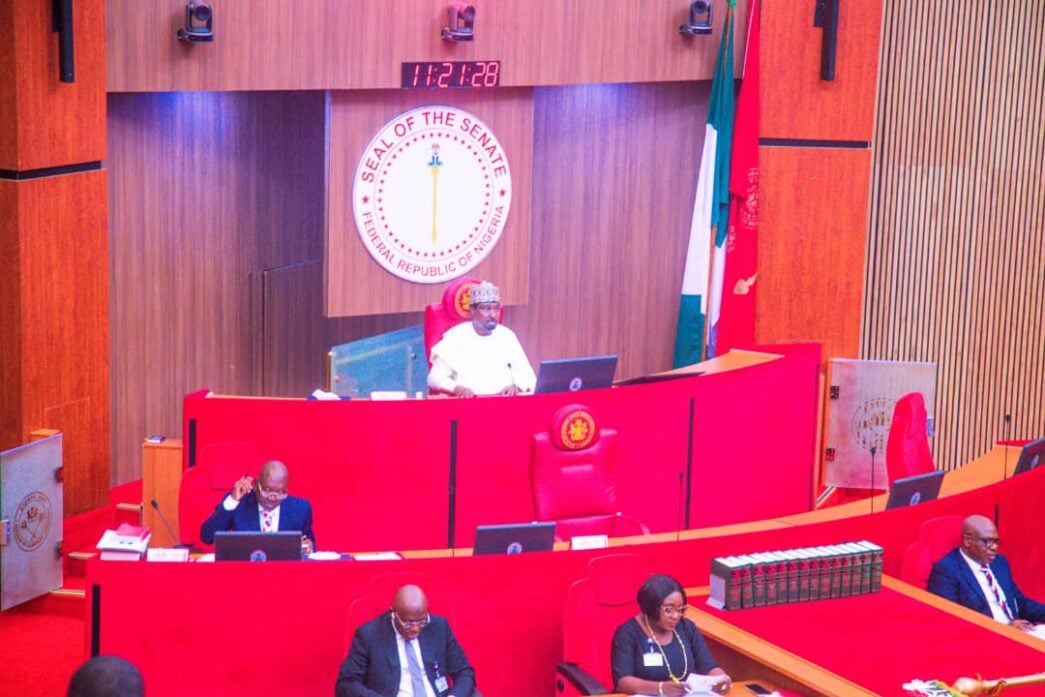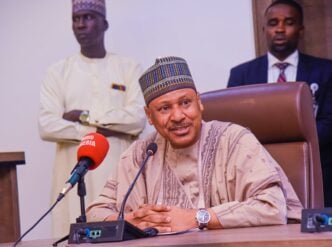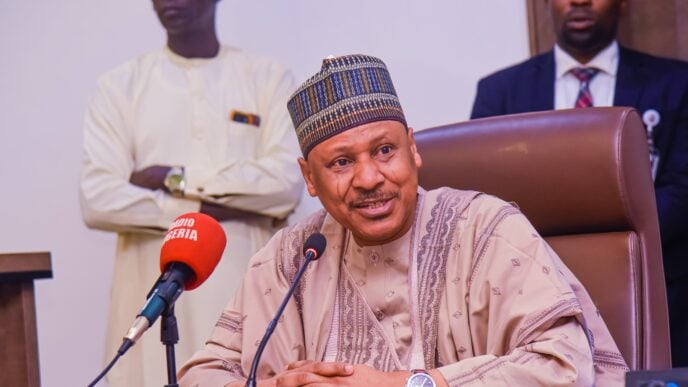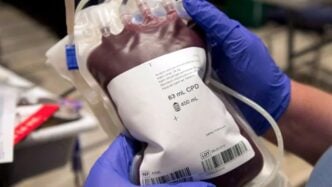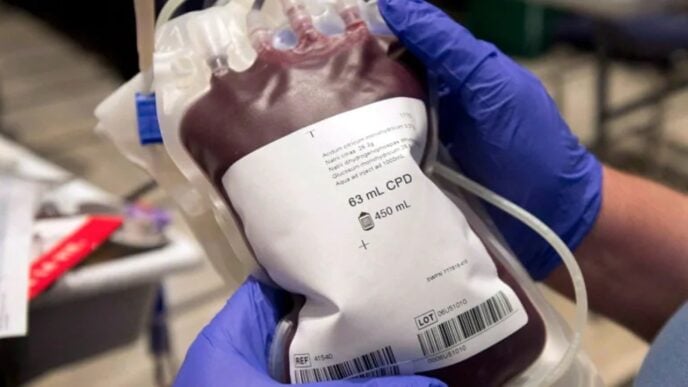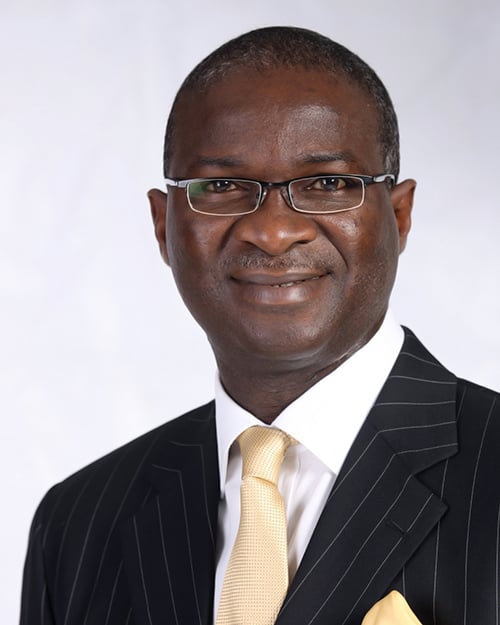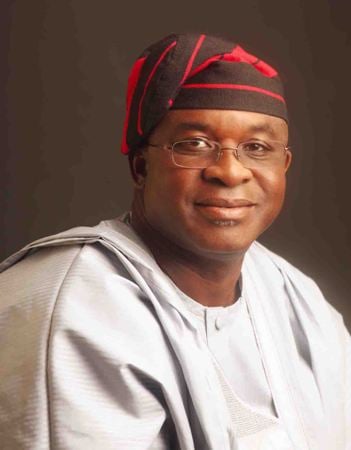A bill seeking to repeal and re-enact the National Primary Health Care Development Agency (NPHCDA) Act to promote equitable access, accountability, and community participation in Nigeria’s primary healthcare system, has passed its second reading in the senate.
The legislation, sponsored by Solomon Adeola, senator representing Ogun west, is titled “A bill for an Act to repeal the National Primary Health Care Development Agency Act and to re-enact the National Primary Health Care Development Bill, 2025”.
Leading the debate at Wednesday’s plenary, Adeola said the current law, enacted in 2004, had become obsolete and failed to reflect modern realities in health governance and technology integration.
The lawmaker said since the creation of the NPHCDA, “no meaningful amendment has been made to the Act despite the huge investments made by the federal government in primary healthcare infrastructure across the country”.
Advertisement
“The federal government recently released N32 billion to primary health institutions nationwide,” Adeola added.
“Who manages this fund? How effective have we been in putting it to use? The primary health centre is the first point of contact for every citizen, yet the system remains weak and uncoordinated.”
He said the new bill seeks to establish a comprehensive legal framework that ensures effective coordination, accountability, and responsiveness of the agency to Nigeria’s current health challenges.
Advertisement
“The framework guiding the operations of the agency has become outdated, disjointed, and inadequate to respond to present-day realities,” Adeola said.
“The new bill aims to reposition the agency as the driver of universal access to primary healthcare services.”
He listed the objectives of the bill to include strengthening coordination among the three tiers of government, integrating technology and data systems into primary healthcare, promoting community participation through ward health committees, and ensuring sustainable funding through innovative mechanisms.
“Health is a fundamental human right and the backbone of national development,” the senator added.
Advertisement
“Without a functional and well-coordinated primary healthcare system, no nation can achieve equitable growth in human capital.”
Olalere Oyewunmi, senator representing Osun west, seconded the motion, noting that any law that strengthens healthcare delivery should receive urgent attention.
“Primary healthcare is key to the well-being of the downtrodden,” Oyewunmi said.
“The existing law must align with modern realities, which this bill captures perfectly. I urge my colleagues to support its speedy passage.”
Advertisement
Abdul Ningi, senator representing Bauchi central, also supported the bill, describing it as timely.
“Health should always be at the forefront of governance,” Ningi said.
Advertisement
“Successive governments have neglected the provision of health facilities, and this bill comes at an appropriate time.”
Barau Jibrin, deputy senate president, who presided over the session, commended Adeola for the initiative and put the bill to a voice vote, which was adopted.
Advertisement
He referred the bill to the committee on health, primary healthcare and communicable diseases for further legislative input and directed it to report back within four weeks.
“This will go further to strengthen our primary healthcare delivery system in the country when passed into law,” Barau said.
Advertisement
“It is a grassroots-oriented intervention and quite germane.”
